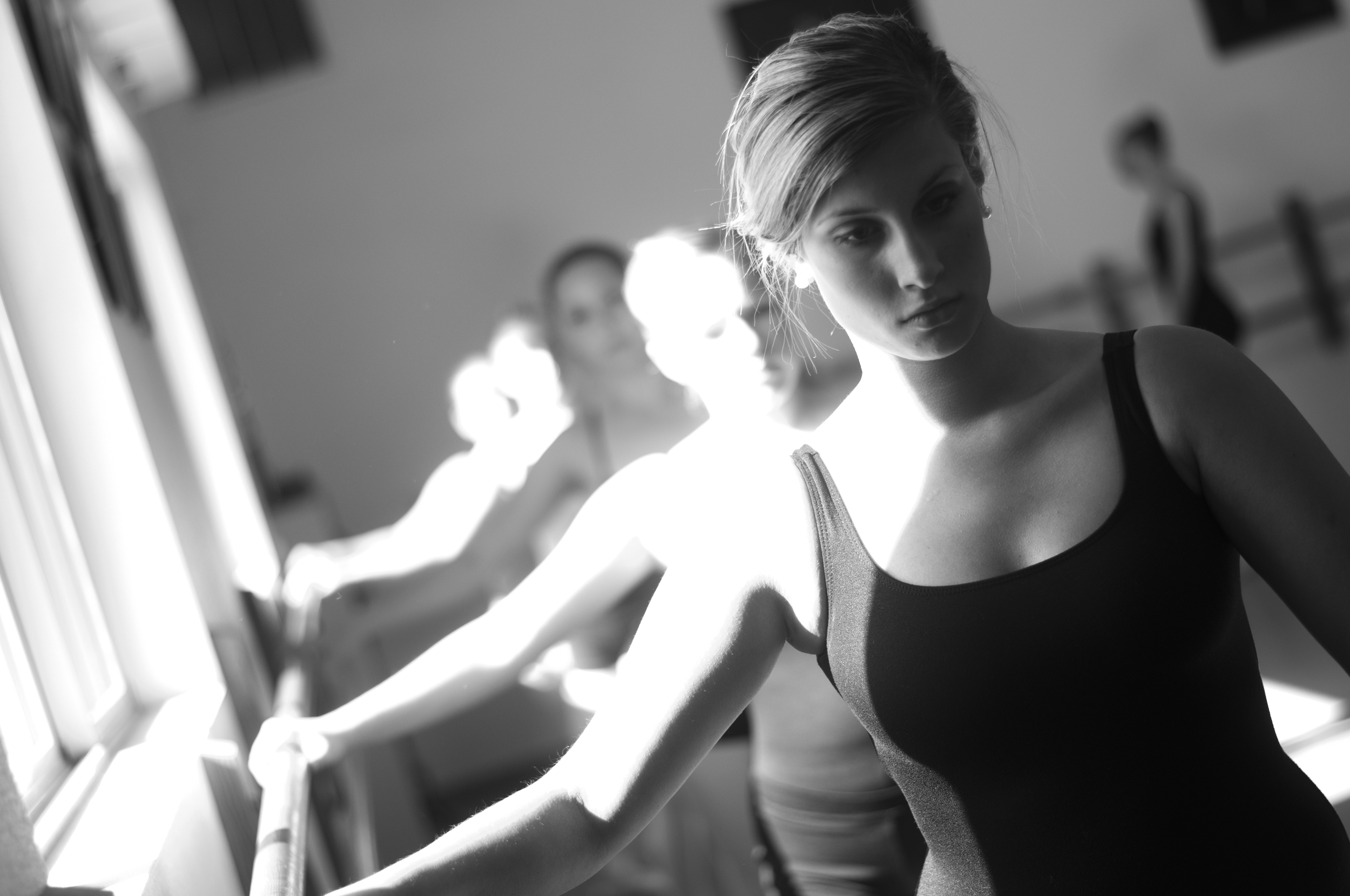Choosing the "elite"
/Recently, I was asked to form an elite team at my studio. First of all, I take issue with the term “elite” right out of the gates. The definition of elite is “a select part of a group that is superior to the rest in terms of ability or qualities.” Being asked to select a part of a group that is superior to the rest is enough to put any dance instructor in to an immediate cold sweat. However, I’ve decided to rise to the occasion and form my elite group today with no apologies! So, here goes… Molly is on my elite team, because she has the most superior smile of any of my dancers. When I walk in, she greets me with a glow and it makes my day better.
Hailee is a no brainer – because she remembers the choreography every single week and for those days I am too busy to review – I can count on her superior memory to pull us through.
Sydney has a way of making the people around her try harder – she gives high fives to each dancer as they finish their across the floor sequences and when she cheers them on, you can tell she really means it. That’s a quality that few possess and we need her uplifting spirit.
Isabelle is the hardest worker I have in class. She tries a skill over and over and over, no matter how much she is struggling with it. She doesn’t give up or walk away; she attacks a challenge with a superior resolve.
Natalie makes the team because she is dynamic. She has a power and energy to her movement that energizes a room and you can’t take your eyes off her when she’s on stage. Even if she is in the back corner of the formation, her spunk catches your attention. She is a superior performer.
I know, I know…I haven’t mentioned the height of their extensions, or the number of turns they can cleanly execute, or which splits they have – and that’s all important too. Dance is a discipline and there is technique. I can objectively select which dancers are stronger technically and clearly I want each of my dancers to execute their skills correctly and to the best of their abilities. But each dancer has their own set of assets, and every one of them brings something superior to the group – their kindness, their spunk, their work ethic, their support, their quick wit. So, I guess if you’re asking me to select "part of a group that’s superior to the rest," you’ll just have to be a little more specific.

